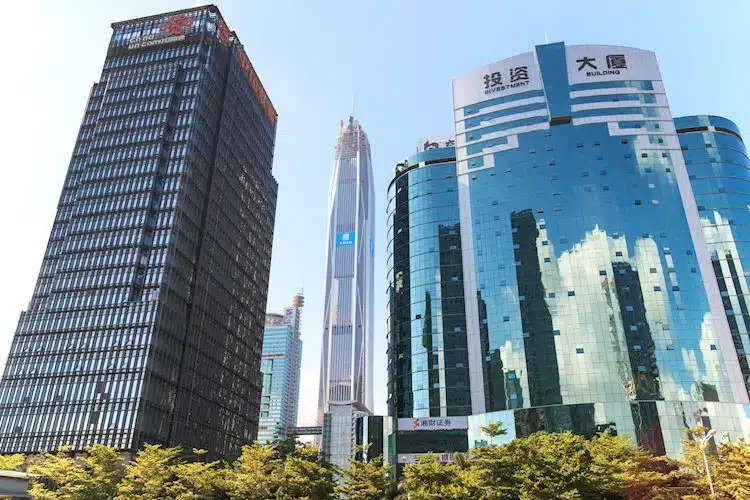Asian Stocks Continue to Decline Amid Banking Turmoil Fears
Asian stocks are facing significant selling pressure as fears of a global banking crisis continue to deepen. The US Dollar Index (DXY) is also experiencing a lackluster performance, suggesting that the market is preparing for fresh action ahead of an anticipated interest rate policy announcement by the Federal Reserve (Fed).
Market sentiment is turning increasingly negative, with rallies being viewed as selling opportunities amid concerns over the stability of the global banking sector. This grim outlook is being reflected in the ongoing downtrend in Asian equities, which is leveraging fears of a potential meltdown in the banking industry.
Japan’s Nikkei225, ChinaA50, and Nifty50 are all facing significant declines, with the Hang Seng index plummeting by 2.61% on Monday. These figures underscore the massive selling pressure currently faced by Asian stocks and the urgent need for a solution to stabilize the markets.
UBS-Credit Suisse Deal Fails to Boost Asian Equities
The UBS-Credit Suisse deal has been regarded as a potential solution to the ongoing banking crisis. Under the takeover, UBS will pay 3bn Swiss francs (£2.6bn) to acquire Credit Suisse. In addition, the deal involves the assumption of up to 5bn francs (£4.4bn) in losses, and both banks have been offered liquidity assistance totaling 100bn Swiss francs (£88.5bn).
However, this deal has not provided the much-needed support to Asian equities. Although the UBS-Credit Suisse deal is expected to stabilize the Swiss banking sector, the unrest and uncertainty surrounding the broader global banking industry persist. As a result, investors remain cautious, and a long-term solution is required to rebuild investor confidence and stabilize the markets.
Impact of China’s Monetary Policy on the Oil Industry
The People’s Bank of China (PBoC) has maintained an unchanged monetary policy to the disappointment of investors who were hoping for more expansive measures to spur economic growth. The one-year and five-year Loan Prime Rate (LPR) will remain steady at 3.65% and 4.30%, respectively.
The Chinese economy is in the process of recovering from a prolonged lockdown due to the pandemic. Therefore, the central bank is expected to implement measures to support growth and stabilize the vulnerable real estate market. The absence of further expansionary monetary policy announcements from PBoC has had a negative impact on the oil industry, which is heavily reliant on China’s economic recovery.
China is the world’s largest importer of oil. However, with the absence of significant economic stimulus, the demand for oil remains subdued. Therefore, the oil price is facing significant selling pressure as investors wait for reports on China’s economic recovery and further developments in its monetary policy.
Conclusion
Asian stocks are facing a severe decline in the face of ongoing fears of global banking turmoil. The UBS-Credit Suisse deal has not provided the hoped-for cushion to the Asian equities market, highlighting the need for a long-term solution to the unfolding crisis.
China’s monetary policy has also had a substantial impact on the oil price, with an absence of expansionary measures leading to subdued demand for oil. However, China’s economy is on a path to recovery, and there is hope that soon, additional measures will be implemented to support growth and stabilize the markets.
Ultimately, a long-term solution to the banking crisis is required to rebuild investor confidence and stabilize the Asian equities market. Investors will be looking to central banks, governments, and other financial institutions to provide the much-needed measures to revive the global economy and bring stability back to the markets.


